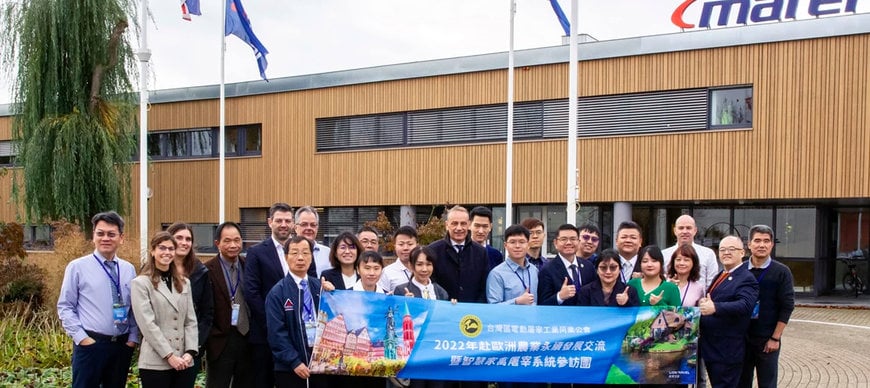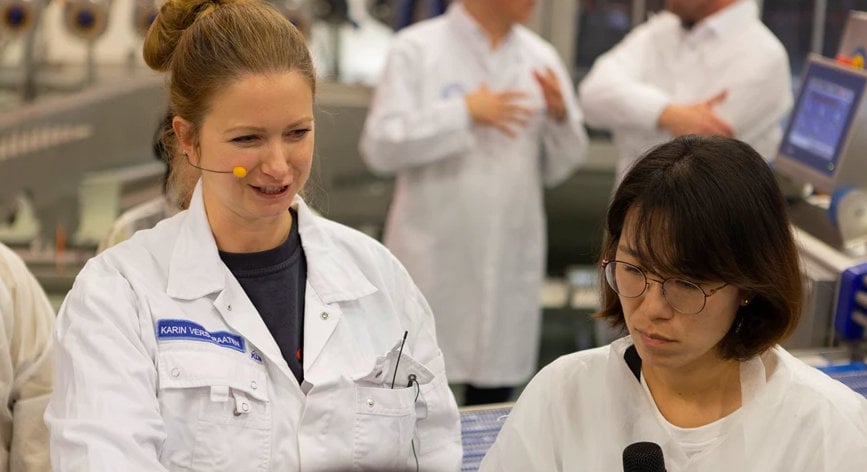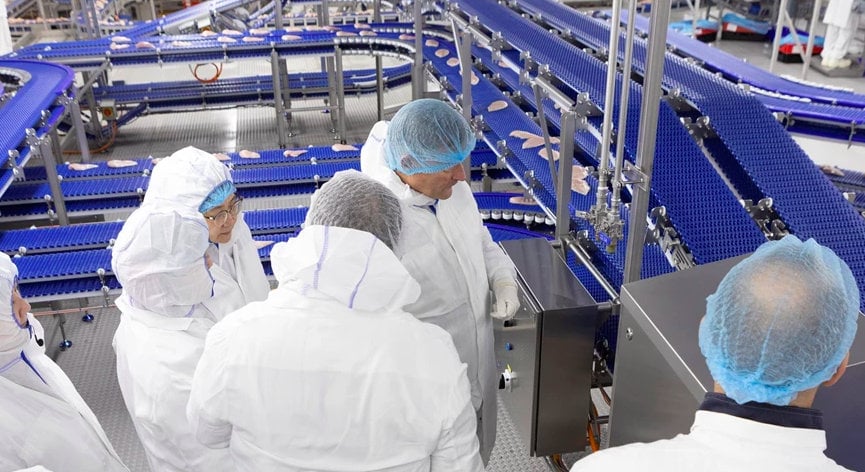www.industry-asia-pacific.com
30
'22
Written on Modified on
Marel: The need for speed in Taiwan
Poultry processors strive for higher capacities to increase competitiveness. Until now, Taiwan's poultry industry respects the maximum processing speed of 8,500 bph, imposed by the government. The reason for this restriction lies in the capability of the veterinary inspectors to assess the health of carcasses and viscera packs.

It is considered that a speed higher than 8,500 bph [140 bpm] goes beyond the recognition capability of the human eye and brain. The Taiwanese poultry industry, however, is lobbying for government waivers, allowing processors to operate at higher capacities.
In their dialogue with the authorities, Taiwanese processors emphasize the technological development of systems and software that can support human assessment. Also in other areas of the process, advanced technology is facilitating processing capacities up to 15,000 bph [250 bpm].
This was the reason why a large delegation of Taiwanese poultry processors, plus representatives of the country's food safety organization FSI, visited Marel’s manufacturing premises and demo center in Boxmeer, as well as a show plant for Marel in Germany.

Chicken in Taiwan
Nai-Yun (Nancy) Huang Ph.D., President of FSI Food Safety Inspection Agency, talks about the Taiwanese poultry market. “We still have a small wet market, although the live bird market trading has been abolished by the government. So 95% of the chicken eaten in Taiwan is coming from industrial processing plants. Previous generations in Taiwan still went to traditional trading places, but the current generation buys fresh chilled chicken in supermarkets.” Taiwanese chicken meat has to compete with frozen chicken meat imported from the USA and Canada, which mainly goes to the catering industry.
Producing poultry meat at a high speed and meeting regulatory requirements can go hand in hand, Nancy Huang President of FSI Food Safety Inspection Agency.

A new generation
In Taiwan, chicken consumption keeps increasing. Although pork is traditionally the major protein, its consumption is decreasing. More and more, people believe that red meat is less healthy than white meat.
Chilled fresh cut-up chicken meat, with a main role for breast fillets, is favorite among most Taiwanese people. Nancy Huang talks about the disappeared whole chicken consumption, “The previous generation used to buy a whole chicken to cut it up at home for the entire family. Today, the average Taiwanese family consists of four people. They won’t buy a whole chicken anymore, but smaller packs of chicken cuts, which is convenient food to cook. Frankly, today’s generation doesn’t know how to cut a whole chicken anymore.
Fast food is very popular in Taiwan, and so is takeout food. Having long working hours, people want to spend less time preparing their meals. So convenient meals, such as microwave tv-dinners, are quite common. For the numerous households of single persons or double-income-no-kids in Taiwan, cooking an extensive meal at home is not the highest priority.”

Taiwan's poultry industry is ready for more
Nancy Huang links the market trends to the industry, “All signs are positive that the Taiwanese market for poultry is increasing fast. Although our country doesn’t export poultry products at all, all participants in the industry are eager to expand their business.
The industry has the wish and the need to improve efficiency. Right now, the poultry processing capacity in Taiwan is limited to 8,500 bph by the government. But processors are looking for expansions up to 15,000 bph. If their production efficiency is higher, their costs will be lower. That means they can also compete better against imported poultry. As a result, both consumers and the industry will benefit.”
Nancy Huang continues, “We have to seize the opportunity now, because the Taiwanese government is moving forward with the HACCP food safety program. With hygiene as an essential requirement, we also have the chance to proceed to higher line speeds and improve our competitiveness. Everything can come together.
One of Marel’s strengths is its ability to gather and process data, Nancy Huang President of FSI Food Safety Inspection Agency.
What can be Marel’s role?
“Marel has the high technology and the knowledge that we need. Particularly Marel’s digital technology before inspection can support veterinarians in assessing the health of the carcasses. One of Marel’s other strengths is its ability to gather and process data.”
Nancy Huang concludes, “Technology has made enormous progress in the last years, so there is no need anymore for the Taiwanese government to stick to the ‘old’ maximum capacities and limit the poultry industry companies. By using the material, the information and the knowledge we get from Marel during these three days, we have solid and scientific evidence in our hands. We can convince the authorities that producing poultry meat at a high speed and meeting regulatory requirements can go hand in hand. Food safety in veterinary inspection can still be met at line speeds of 15,000 bph.”
www.marel.com

